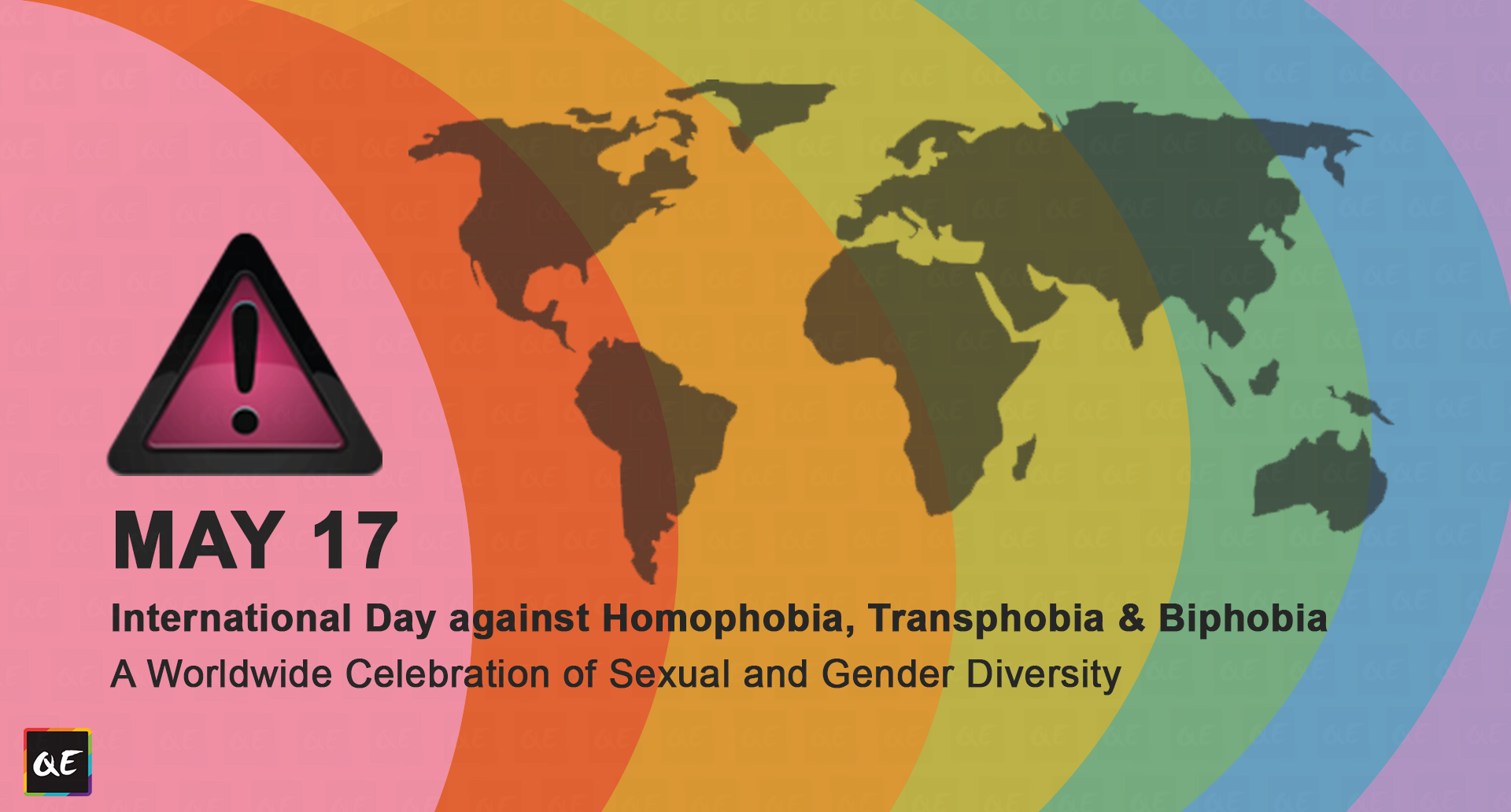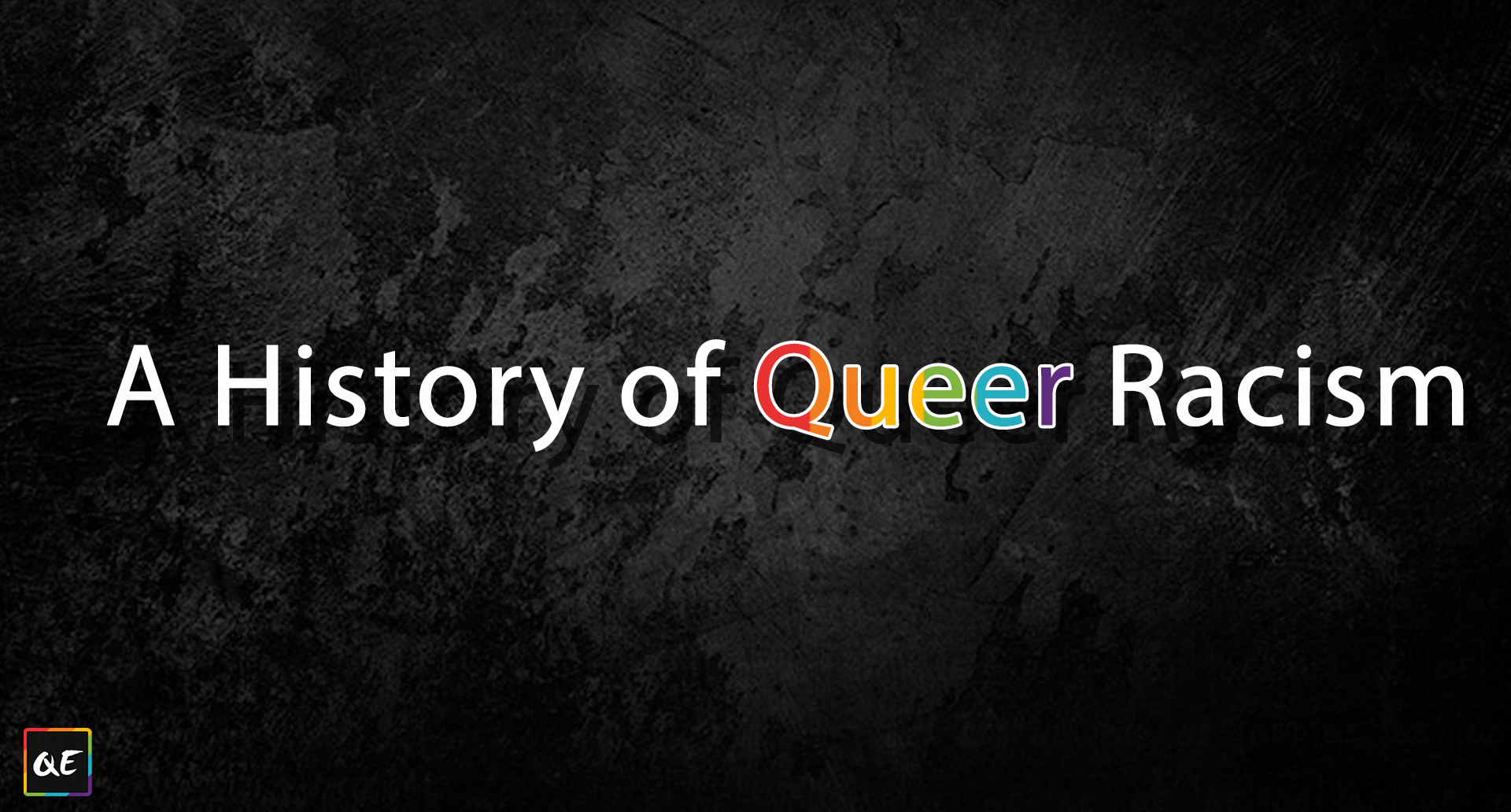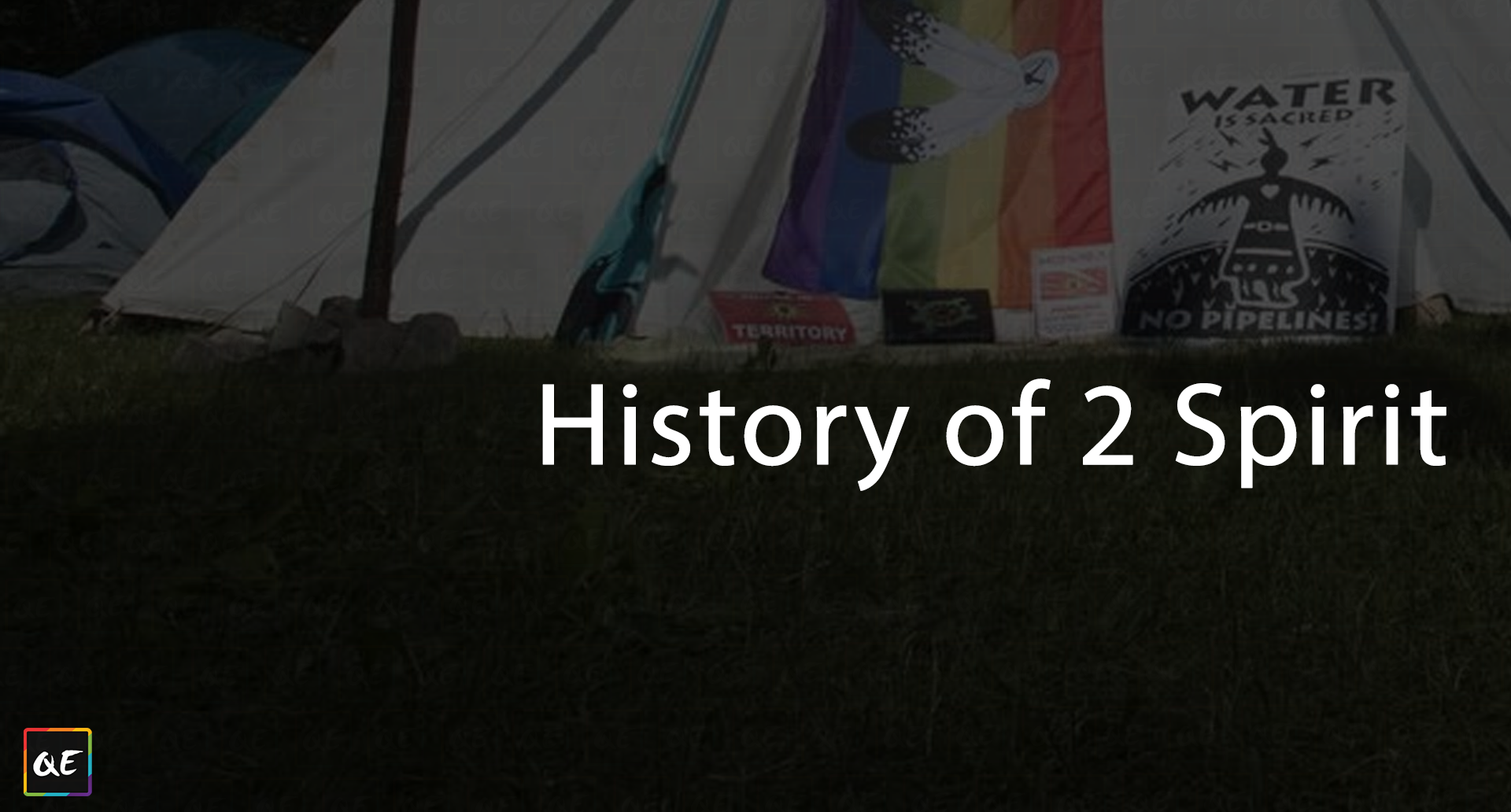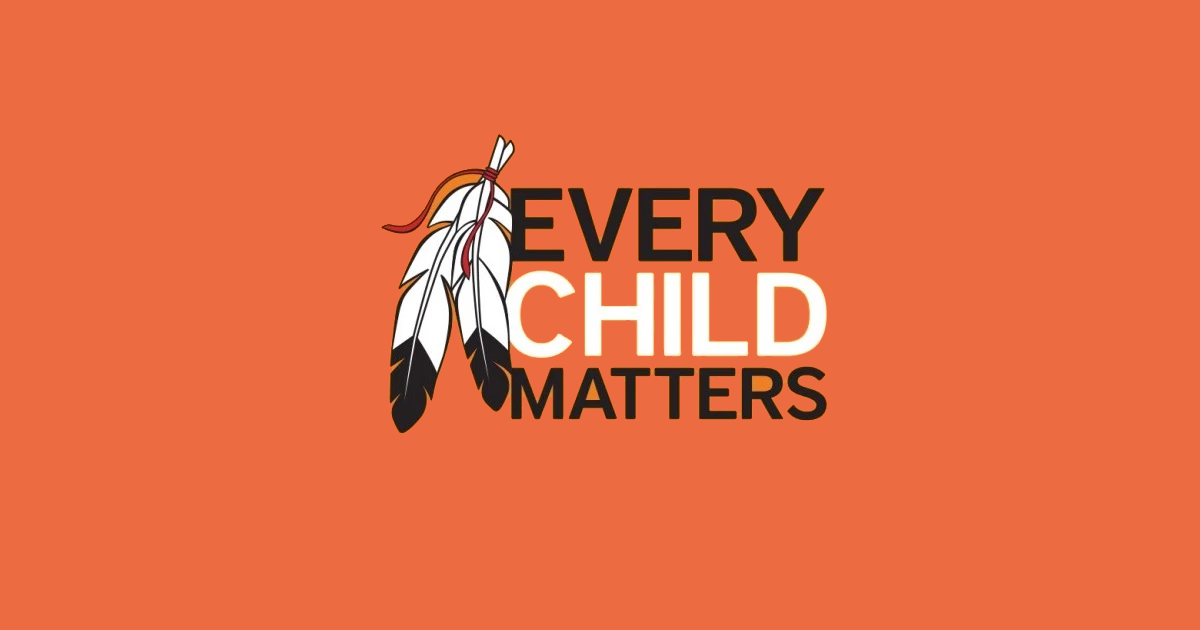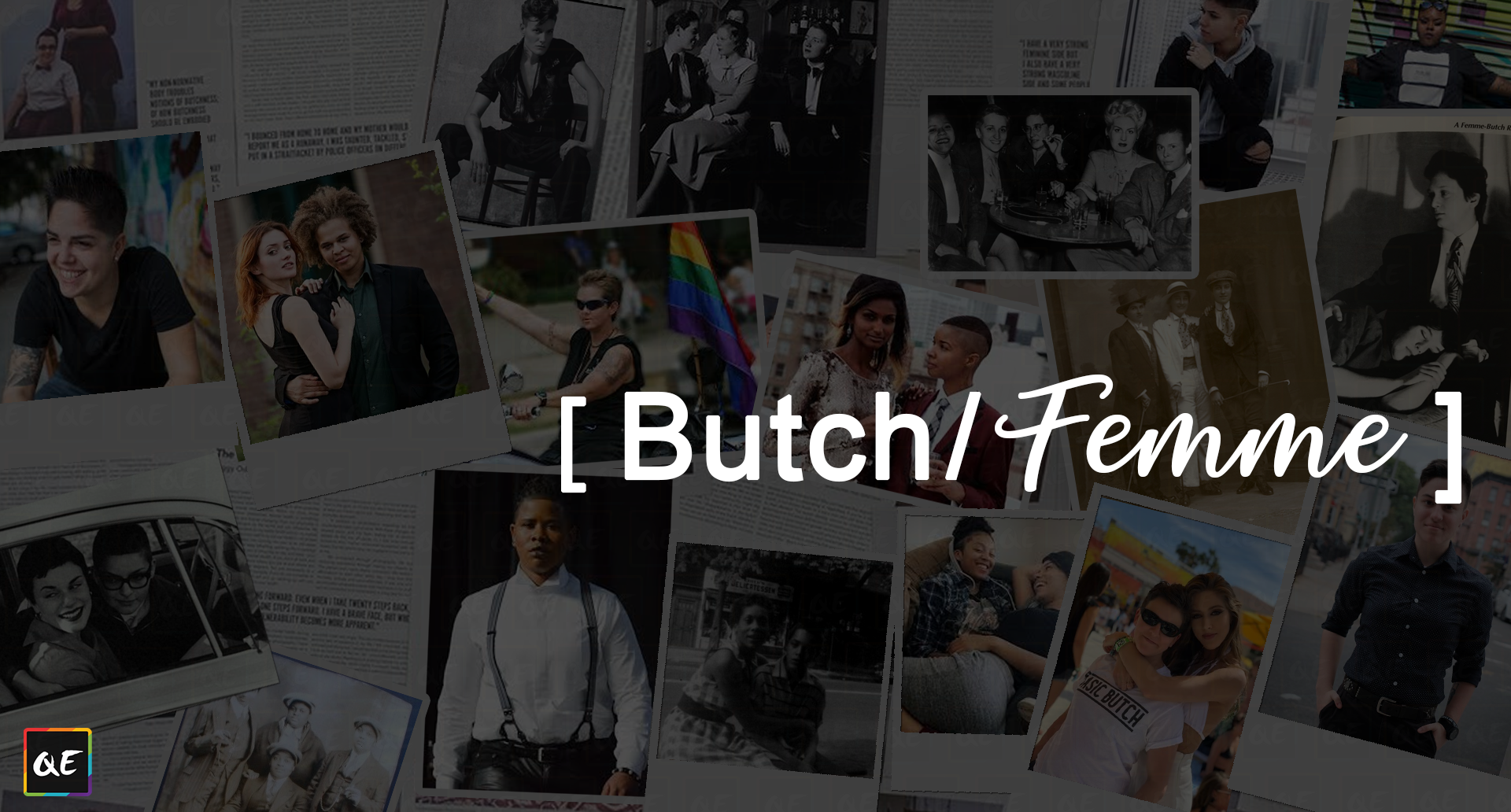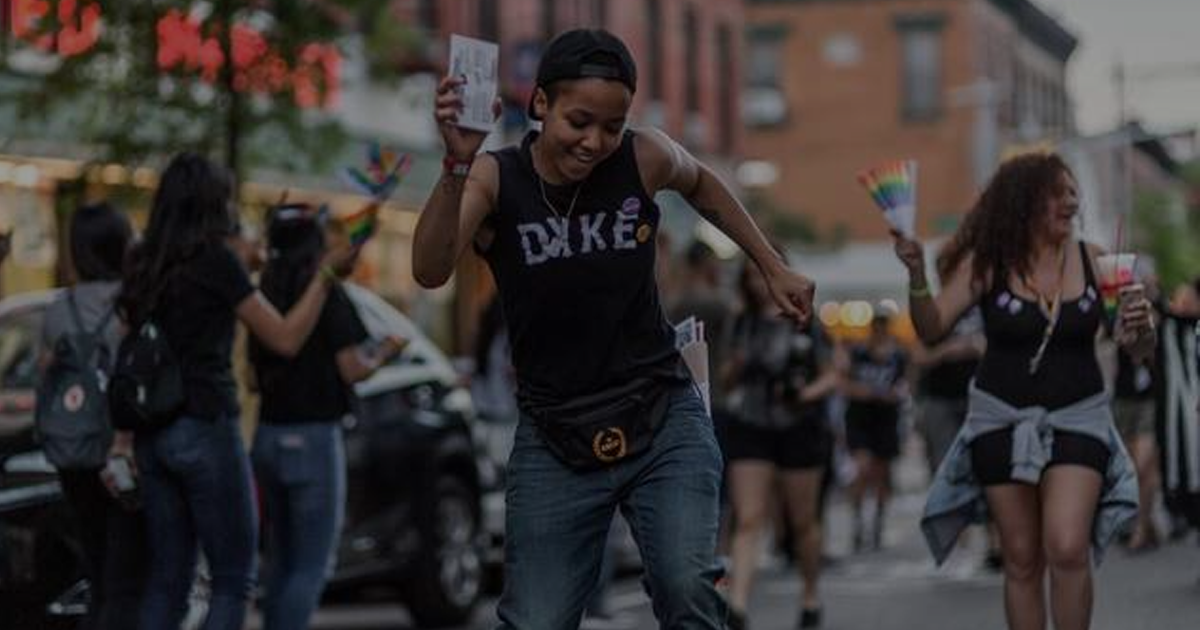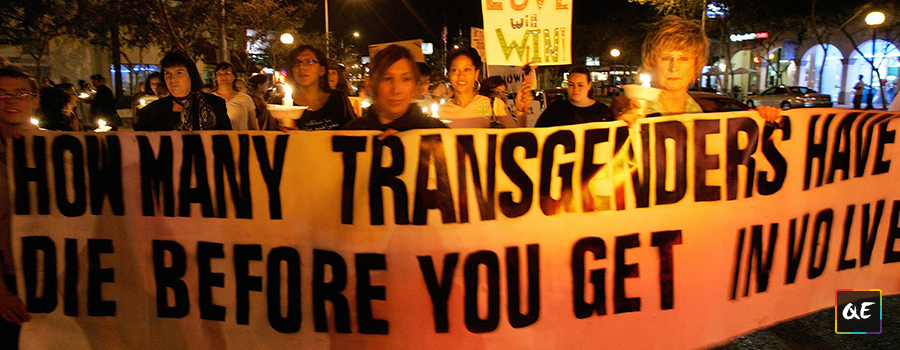
Trans Day of Remembrance: A History
On the evening of Nov. 28, 1998, police found Rita Hester, an African-American transgender woman in her apartment, stabbed in the chest a staggering 20 times. She was still alive, but died from cardiac arrest as soon as she arrived at the hospital.
In the aftermath of Hester's death, a community came together.
Since then, violence against transgender people hasn’t abated. Now, at least, it can no longer be ignored. On Transgender Day of Remembrance (TDOR), which is observed every November 20th, the LGBT2Q+ community and allies around the world hold vigils to honor, and to memorialize those who have been killed both before and since Hester's murder.
What is TDOR?
Trans Day of Remembrance grew out of a Boston based campaign to remember and politicize the murder of Rita Hester, a Black transgender woman who lived in Allston and was murdered in November of 1998 on the eve of her 35th birthday. Hester’s murder in Boston was one of three murders of Black transgender women that had occurred in Boston over the past few years including the 1995 murder of 23-year-old Chanelle Pickett, and the 1998 murder of Monique Thomas in Dorchester.
Transgender Day of Remembrance
November 20th
Honouring those who have been lost due to violence & transphobia
TDOR EventsTDOR serves several purposes. It raises public awareness of hate crimes against transgender people, an action that current media doesn’t perform. Day of Remembrance publicly mourns and honors the lives of our brothers and sisters who might otherwise be forgotten. Through the vigil, we express love and respect for our people in the face of national indifference and hatred. Day of Remembrance reminds non-transgender people that we are their sons, daughters, parents, friends and lovers. Day of Remembrance gives our allies a chance to step forward with us and stand in vigil, memorializing those of us who’ve died by anti-transgender violence.
"The Transgender Day of Remembrance seeks to highlight the losses we face due to anti-transgender bigotry and violence. I am no stranger to the need to fight for our rights, and the right to simply exist is first and foremost. With so many seeking to erase transgender people -- sometimes in the most brutal ways possible -- it is vitally important that those we lose are remembered, and that we continue to fight for justice."
- TDOR founder Gwendolyn Ann Smith
Mourning our losses and honouring the dead
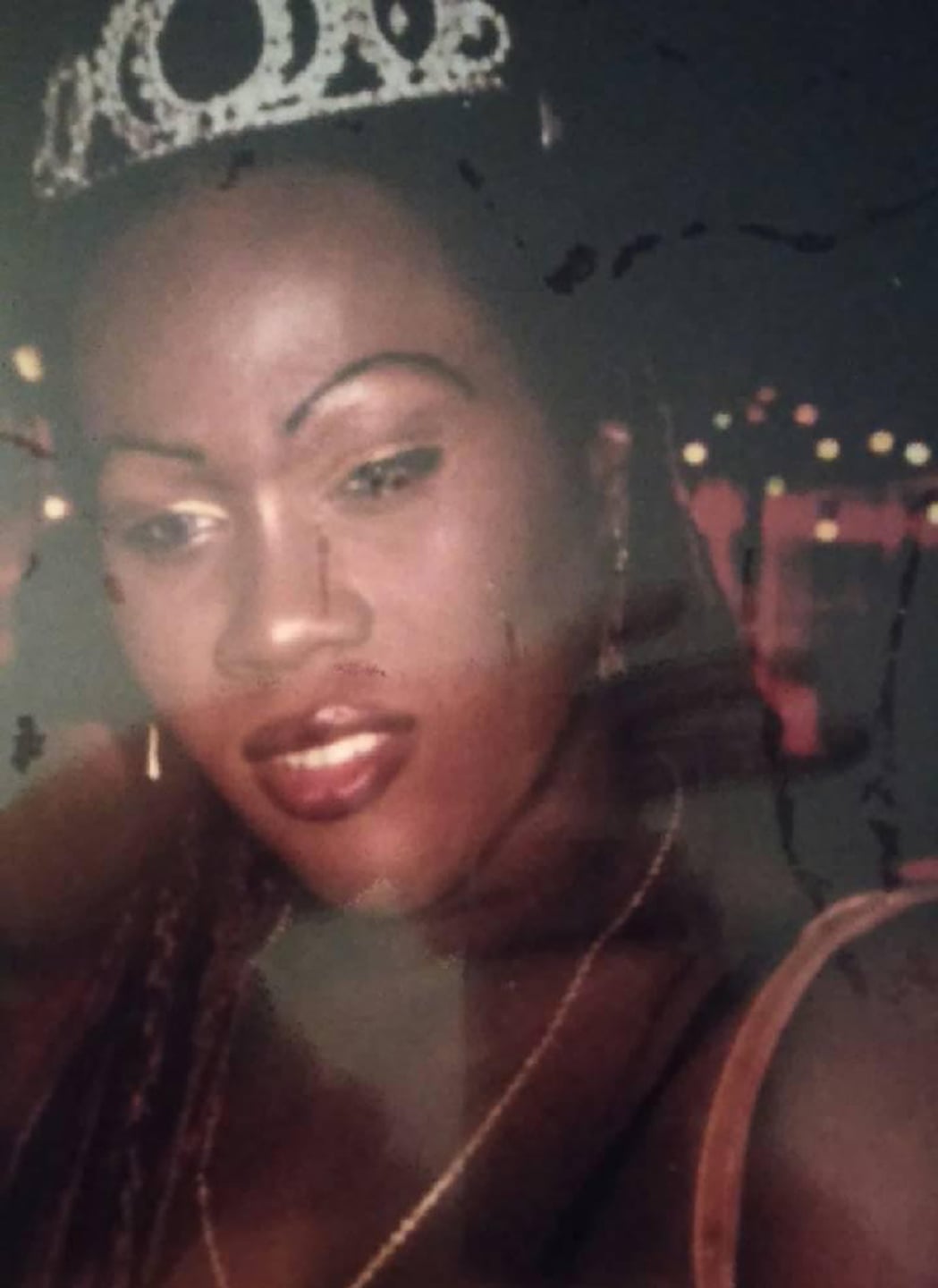
Hester’s murder followed closely behind the October murder of gay college student Matthew Shepard in Wyoming that fall of 1998. When Shepard was killed, 2,000 miles away, members of the wider gay and lesbian community held a vigil on Boston Common, but gave little attention to Hester’s murder right there in Boston. So transgender leaders created their own event.
Prior to 1999, Boston already had in infrastructure of Trans and trans-friendly organizations, including the International Foundation for Gender Education (IFGE) which was the first Transgender focused organization in the US with their own office and full-time staff. Activists Nancy Nangeroni, founder of the Boston chapter of the Transgender Menace, and Riki Anne Wilchins, founder of the Boston-based Gender Public Advocacy Coalition (GenderPAC), had been publicizing and holding vigils for murdered transgender people in the Boston area since the mid 1990s.
Both Wilchins and Nangeroni, together with other Boston area activists worked to demand police investigations of unsolved murders of transgender people and attempted to hold local media outlets accountable for poor reporting and mis-gendering of trans people.
"The violence against transgender people is typically horrific, it’s possessed of a deranged kind of intensity, often. … These are not dispassionate shootings. These are up close and personal, and they’re done as if the perpetrator wanted to stamp out the very existence of that person.” - Nancy Nangeroni
While the Boston community mourned Rita Hester, miles away, across the country in San Francisco, Gwendolyn Ann Smith began chatting about Rita Hester’s murder on an America Online (AOL) chatroom called Transgender Community Forum. Smith, an early digital activist, had been fighting since the early 1990s to create digital forums for transgender people on America Online (AOL) and also managed several transgender and gender focused websites.
She was concerned that when she talked about how similar Hester's death was to that of Chanelle Pickett just three years before, no one knew who Pickett was. Both were transgender women of color who lived in Massachusetts, were last seen alive at a neighborhood club and died in mid-November. It was clear to Smith that the past was being forgotten and that we were doomed to repeat it and so she began an early version of a crowd-sourced digital archive called “Remembering Our Dead,”
Remembering Our Dead documented facts and information about transgender people who passed away or were murdered and tried to provide the kinds of narration of trans lives that mainstream media outlets failed at. For example, the Washington Post article about Tyra Hunter, a Black woman from D.C. who died in August of 1995 after emergency responders withheld medical treatment from Hunter at the scene of a car accident upon discovering that Hunter was not a cis-gender woman, and the wrongful death suit her family filed, reported that Hunter lived her entire life as a woman but refused to use she/her pronouns for Tyra Hunter and referred to Tyra by her government recognized name or dead-name, and not the name Tyra used in her everyday life.
If the media was going to ignore or misrepresent these cases, then Smith decided she would have to do it herself. She also decided, there should be an annual day of observance timed to Hester’s murder. The next November, Smith worked with Penny Ash Matz in Boston to coordinate concurrent vigils in Boston and San Francisco, to commemorate Rita Hester’s 1998 murder and TDOR grew successively from there, being held every November in honor of Hester, as the online distribution of information enable activists around the world to host their own events.
Today, TDOR is observed in cities around the world, from Budapest to Maui to Sydney.
TDOR Observance in Canada
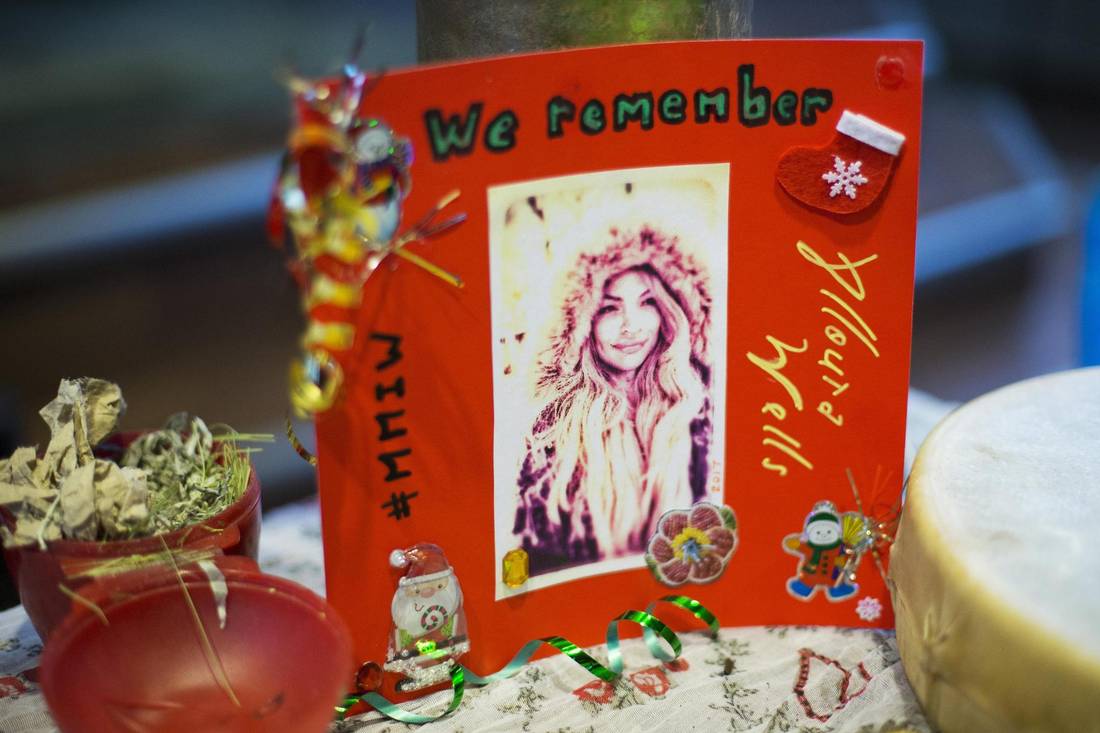
While Canada's list of victims for TDOR are often lower than other countries, we are not without our share of dead to mourn. 2017 was a year especially significant to members of the community with the mishandling of the case of Alloura Wells in Toronto that seemed to highlight the responses of the police and city to Trans deaths.
Statistics Canada has no information about the rates of murder, violence, poverty, or homelessness faced by trans Canadians. However, despite this lack of government statistics, advocates believe trans Canadians face higher rates of violence than other groups. Research by these groups and academics have found high rates of violence and harassment which contribute to high rates of depression and suicidal thoughts.
A 2014 study on Trans Women's Experiences of Violence found that violence was a "constant" threat. "Most of the trans women with whom we spoke had their own stories of life-long violence, as well as stories they had accumulated from friends. The incidents ran the spectrum from verbal harassment to extreme violence," said the study, published by Critical Criminology.
The Trans Pulse Project, which surveyed 433 transgender Ontarians, found that 20 percent had been physically or sexually assaulted for being trans. 67 percent worried they would die young and 83 percent of trans people who have transitioned fully or part time avoid public spaces or situations because they fear harassment, being perceived or outed as "trans". This survey also found that 21% of Trans Ontarians avoided the emergency department of hospitals when they needed it, specifically due to being trans. This demonstrates the potential that discrimination has, for life and death consequences for trans people.
"This day we mourn our loses and we honor our precious dead - tomorrow and every other day, we shall continue to fight for the living" - Gwendolyn Ann Smith
Legislating Remembrance
In 2017, the Provincial Government of Ontario passed a private member's bill that marks November 20th as the official Trans Day of Remembrance and requires the legislature to hold a minute of silence.
Bill 74- passed second reading in December on the same day that Toronto police identified a body found as that of Alloura Wells, a missing transgender woman, and MP Cheri DiNovo, who introduced the bill, says the legislation will pass as a memorial to Wells.
"By observing a moment of silence, we express our respect for trans people in the face of indifference, prejudice and hatred and memorialize those who have died as a result of anti-trans violence,” - Bill 74
Ontario's government is the first to legislate recognition of the day.
More Information
- View the original website created by Gwendolyn Ann Smith at Internet Archive: Remembering Our Dead
- Find out more about Transgender Day of Remembrance and find the list of this year's victims at: tdor.translivesmatter.info
- View Bill - 74 at the Legislative Assembly of Ontario
Food for Queers
Stay Safe. Not Hungry
Providing support for 2SLGBTQ+ folks experiencing food insecurities within the city of London



